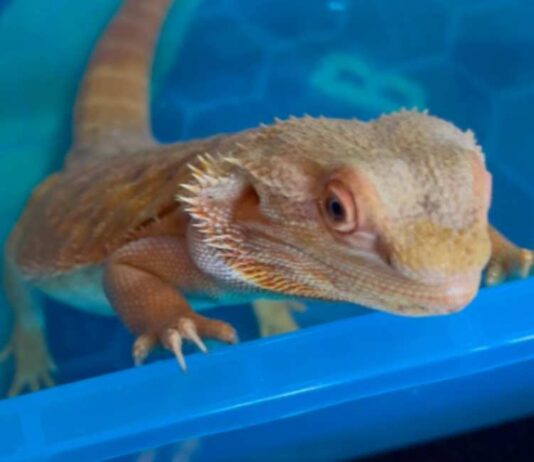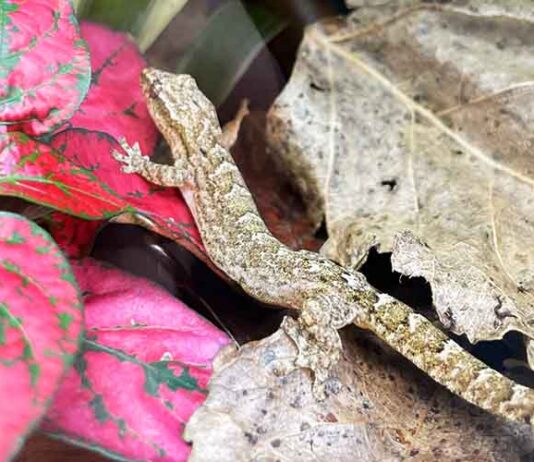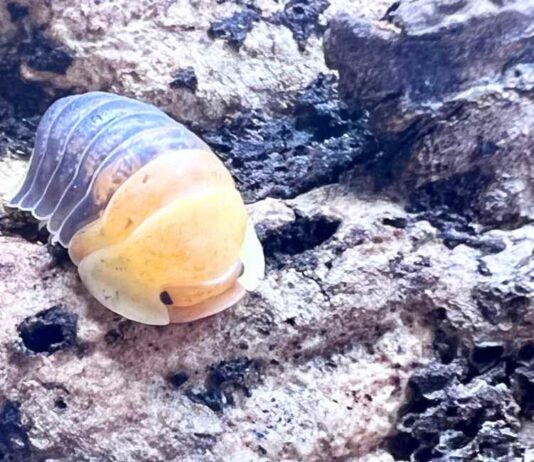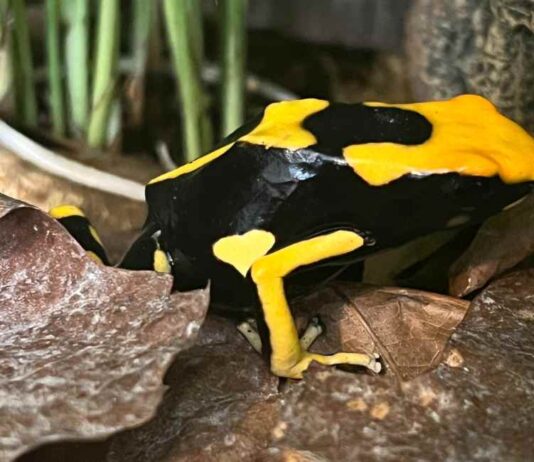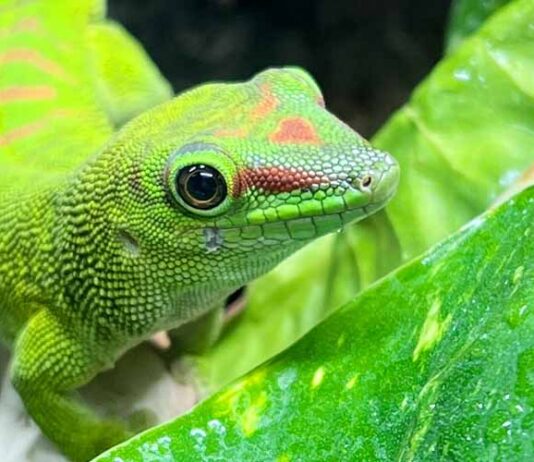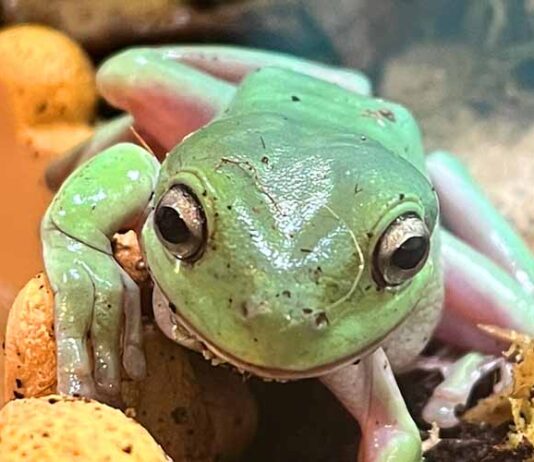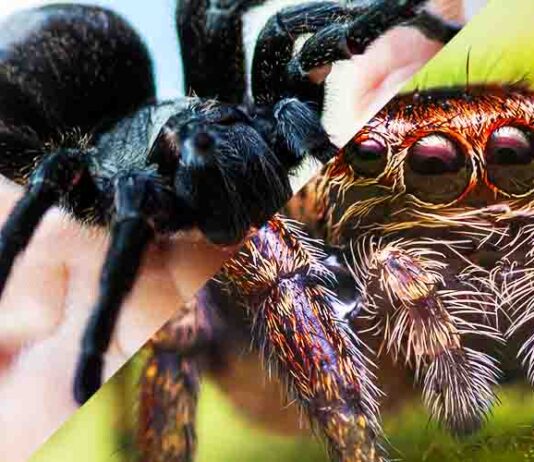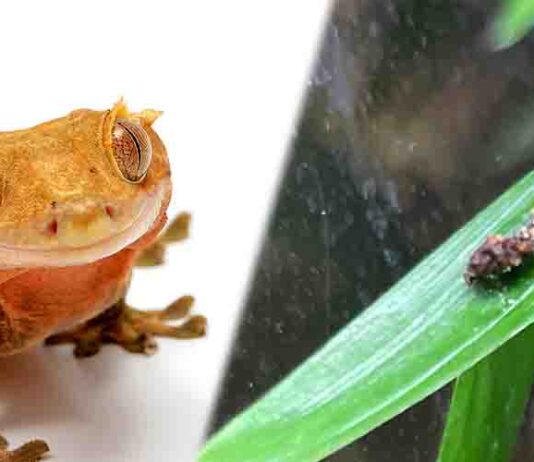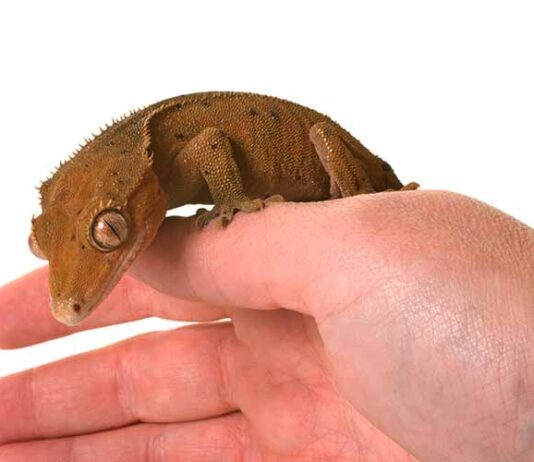My bearded dragon, Jelly, is around a year old. She's a large, confident dragon and doesn't find the occasional dip in the water too stressful. But not all beardies are the biggest fans of bathtime.
You may need to adapt your...
The Mourning Gecko makes a great pet for experienced and novice reptile keepers, yet they are surprisingly uncommon and misrepresented. Until I brought home my girls, I had no idea that they were so well camouflaged, super fast, and good at hiding. They might be...
I have kept isopods as pets for a couple of years now. And it started accidentally, when I bought a bunch to populate my bioactive reptile tanks as cleaning custodians! I quickly realised how unique and entertaining they were. So much so that I...
The best poison dart frog pet is the Dendrobates tinctorius Matecho. My bright yellow and black frogs are confident, very active and enthusiastically try to climb onto my hands or jump into my lap whenever I open their bioactive tank. Dendrobates tinctorius are large...
The Madagascar Giant Day Geckos, or Phelsuma Grandis, are colorful, shy and super fast. They live high up in the trees, and so do best in crowded naturally planted enclosures. You can feed them entirely on a shop bought rehydrated diet, but they benefit...
Panda names can be as cute, cuddly and silly as they are! These adorable black and white bears are funny, clumsy and surprisingly active. Their names can be inspired by their nature, characteristics, colors or behaviors. They can also come...
The White’s tree frog might just be the most underrated pet in existence. Which sounds like hype, but hear me out. I have three White’s tree frogs and despite being almost identical, I can tell them apart. They have their own zones they live in,...
I have full blown arachnophobia, and I have had it as long as I remember. It is therefore a constant source of amusement to my family that I adore tarantulas and obsess over learning about them in the same way I do with mammals and...
Gecko poop is usually a small damp cylinder, about ¼ of an inch long, and accompanied by a smaller quantity of solid white urate. Changes in the color or texture of your gecko’s poop could be a symptom of an underlying health problem, or a...
In this complete guide to the possible causes of a crested gecko having trouble climbing, we take a look at all the possibilities, from the benign and temporary, to the problems that need medical treatment.
How do geckos stick to walls?Why is...

